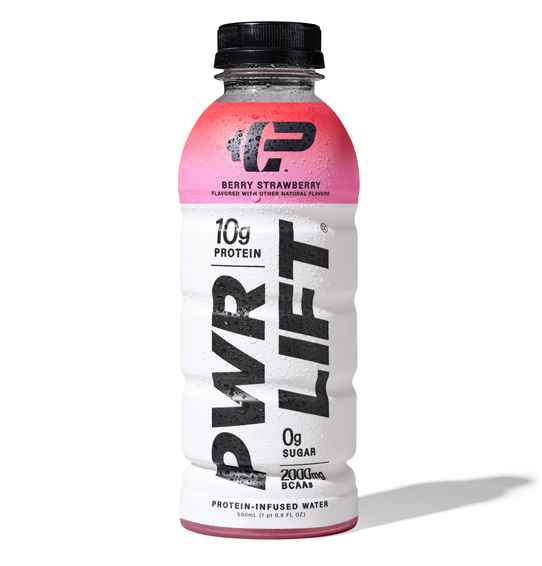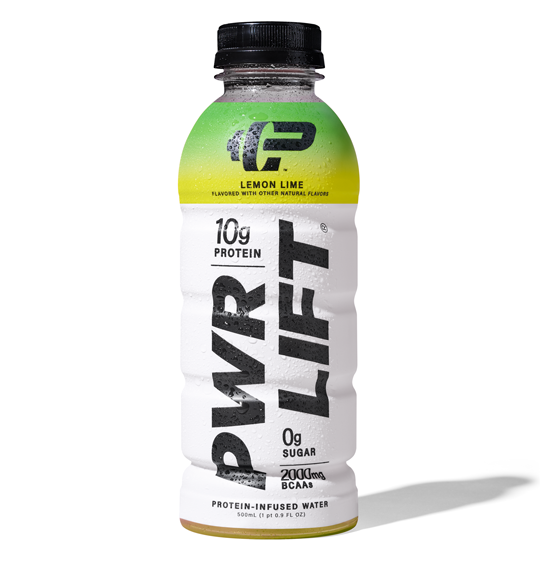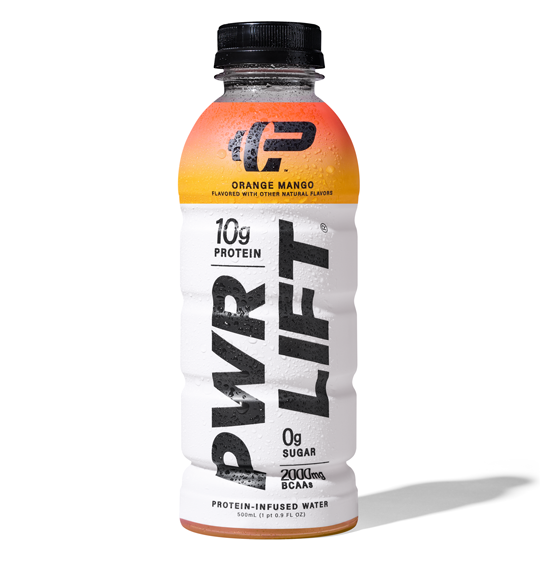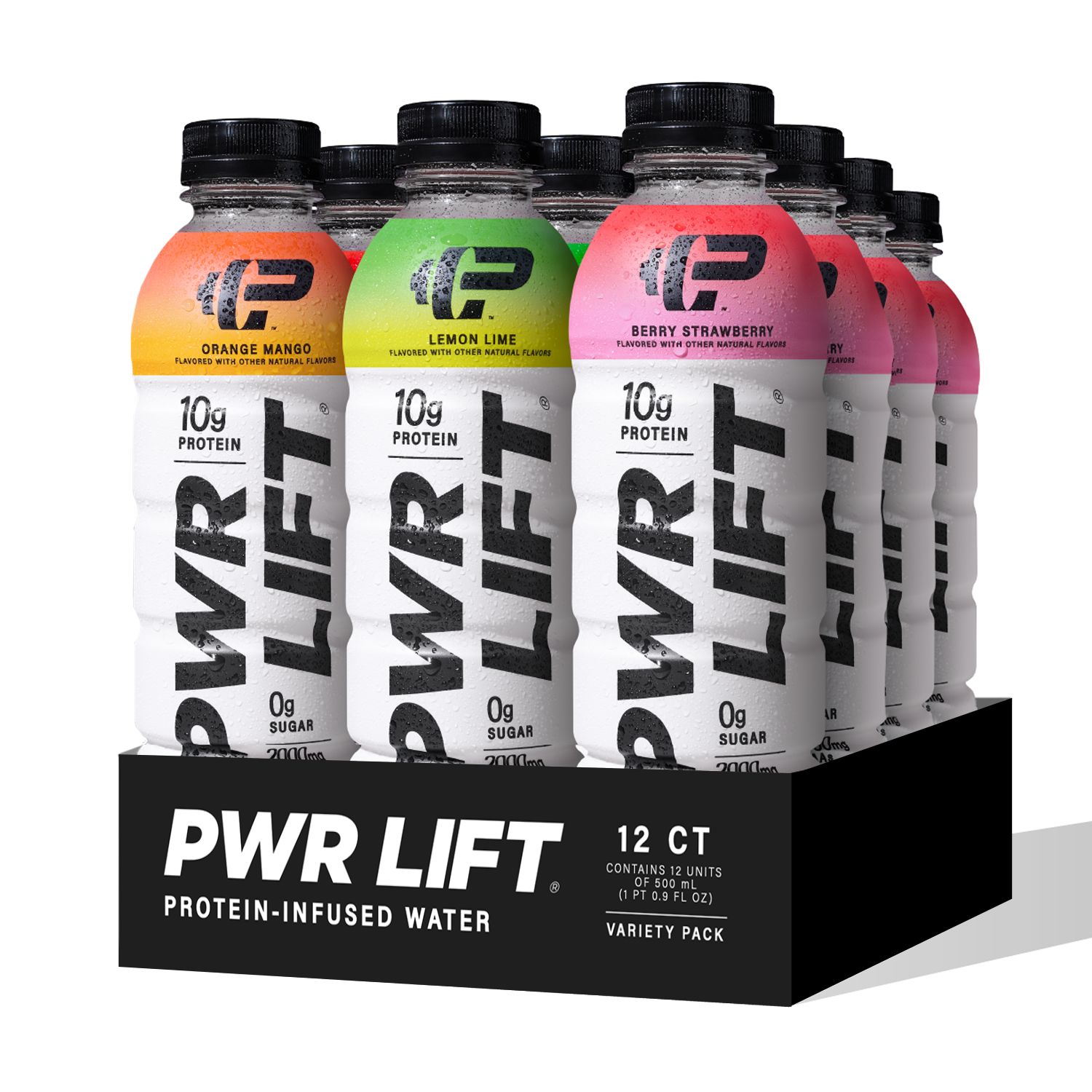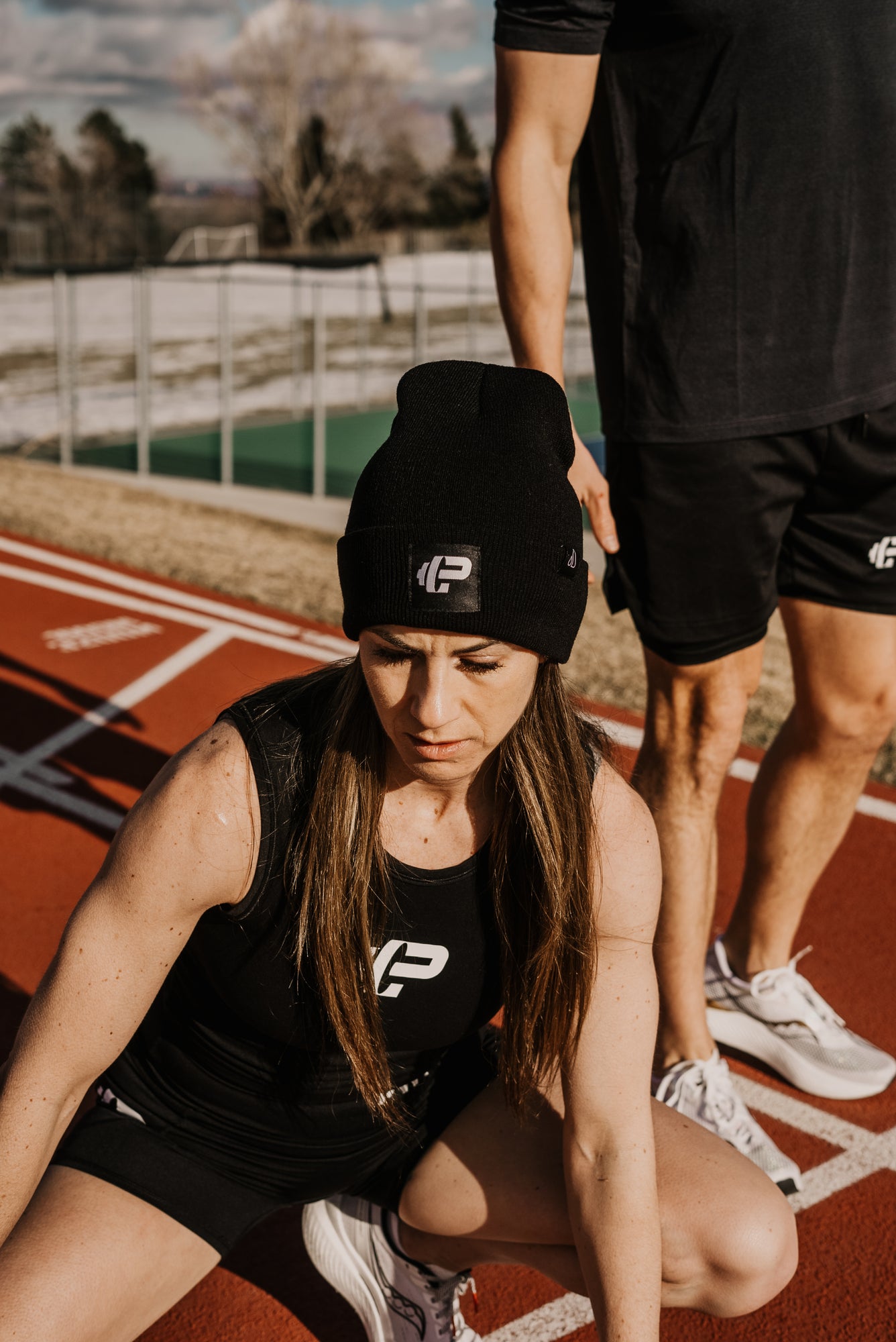Here you are, sitting in your primary care doctor’s office. Sure, he’s a nice guy, but he’s seen twenty other patients today and he rolls through healthy patients like you in ten minutes.
Your doctor sends you out the door to grab a sucker and head down to the lab for routine lab work—usually a CBC, metabolic panel, and lipid profile. This centralized model of medicine may appease most regular people. But we are not regular. We are athletes and we want more out of our diagnostics.
And in addition to having an athlete’s perspective, I also have the medical perspective, as I’ve been an emergency medicine physician assistant for 10 years. There are clues you can gain from these basic tests, but in order to really learn about your body’s engine status, you’ll want to dig a little deeper.

There are ample options for athletes for various lab testings. If you flip through the Labcorp catalog, you’ll see that there are thousands of different tests. In this article, I’ll narrow these offerings down to a few of the most important lab tests to get if you are serious about your daily athletic performance.
This list is not meant to be exhaustive but rather a way to bring awareness. And remember—a lab test is only as good as the person reading it. What is “normal” varies depending on who you consult and the context of a person’s symptoms.
Without further ado, here are the blood tests that I would recommend all athletes get at the doctor’s office:
1. Ferritin
This test has to do with the vital gas oxygen. Ferritin stores iron. Iron makes hemoglobin. Hemoglobin transports oxygen.
So why not just test hemoglobin or iron levels? Ideally, you have a whole iron panel. However, as a standalone, ferritin levels are better to check from a performance standpoint because your blood hemoglobin and iron can be in a normal range while your ferritin level can be low. Consider it a lagging indicator. This is important because endurance athletes are sometimes shocked to see their ferritin levels down and that they are in need of more iron-rich foods. This is an even more important factor for female athletes who have a higher risk for anemia.
If you have low ferritin, you could feel early fatigue in training sessions or have a weakened immune system. In this case, a basic rule is to increase heme (found in animals only—like meat, poultry, and seafood) and non-heme (found in plant-based foods—like whole grains, nuts, seeds, legumes, and leafy greens) iron foods via diet first.
Addressing any other nutrient deficiencies is key too, as you require B vitamins and vitamin C for iron and hemoglobin production and absorption. In many cases, supplementation can be approved, especially given the intense nutrient demands of some athletes.
2. Oral Glucose Tolerance Test (OGTT), With Insulin
Glucose regulation is extremely important for athletes. Well-controlled insulin levels allow for effective carbohydrate usage, a vital component to long-duration events. Utilizing glucose in an efficient manner during all phases of metabolism is crucial.
Any running, cycling, or other endurance event is energy-intensive, meaning sugar is directly utilized for energy (as opposed to fat or phosphocreatine systems). Despite what you may think, athletes are at risk for high blood sugar, especially long distance endurance athletes. They may crank carbs all day long and in turn run their pancreas too hot. We don’t want to wear this organ out, so keeping it ready to gobble and shuttle glucose is key for sustained performance.
After a training session, insulin and glucose regulation get disrupted. Our goal is to make sure this disruption is brief. Athlete or not, we need to monitor a healthy metabolism.
Looking for proper metabolic function ideally requires a few tests contributing to the puzzle. This would include a fasting glucose level (usually run on a standard CMP), hemoglobin A1C, and oral glucose tolerance test (OGTT).
If you are an athlete with abnormally high-fasting insulin or teeter-tottering between failing an OGTT, you may consider experimenting with different macronutrient ratios and bring some carb intake down until the insulin sensitivity picks up again. This is where a drink like PWR LIFT can come in handy, providing you with enhanced recovery without a massive insulin spike.

3. Omega Index
This test is not one you’ll find on many lists, so I’m happy to raise some awareness. You’ve probably heard of omega-3 and omega-6 fatty acids. However, learning the ratios and types to an exact amount is so crucial that this could profoundly impact someone's health by getting their numbers right.
This test will give you the exact amount of DHA and EPA (both omega-3s) in your body, as well as some ratios to try and hit. If you run down a list of the benefits of omega-3 fatty acids, you’ll be astonished. There are positive effects to multiple organ systems throughout our lifetime linked to adequate levels of omega-3s.
Another important factor in the test is revealing the key omega-6:omega-3 ratio. Too many omega-6s, such as in vegetable oils and nuts, can promote oxidative stress and aging. The Omega Index not only will be beneficial for athletic performance but also important for warding off chronic disease.
Just like I said above, be cautious because any lab test is only as good as the person reading it and directing further action. This means finding yourself a good medical team that aligns with your values. If you go this route, the company Blokes or their sister company Joi Wellness are great for tracking markers that a normal doctor wouldn’t order.
If you choose the order-and-interpret-yourself route, the company ownyourlabs.com is a great source to figure it out on your own.
And ultimately, any person, athlete or not, should be tracking certain blood metrics on a regular basis. The timing of this greatly varies on goals and what your initial values happen to be.
And for all of the athletes reading this, whatever route that you decide is right for you, from one athlete to another, I recommend that you look more into athletic performance-specific blood testing like the tests I mentioned above, as it can change the way you perform in sport on a daily basis.

